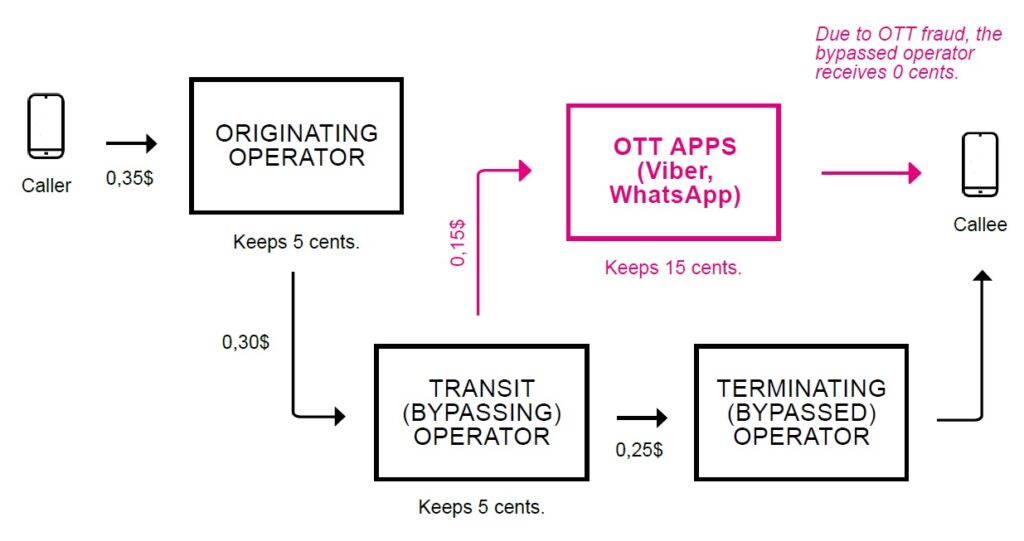Google RCS – a “new kid on the block” to shake things up in the messaging arena?

Google RCS is a protocol designed to enhance the capabilities of traditional SMS (Short Message Service) and MMS (Multimedia Messaging Service). It leverages IP (Internet Protocol) networks to enable a richer and more interactive messaging experience. What sets RCS apart? It allows users to share high-resolution images and videos, provides read receipts to when a message has been read, supports dynamic group chats with the ability to add or remove participants, and, most importantly, incorporates end-to-end encryption ensuring that the content of messages remain private and secure.
Since 2019 however, RCS messaging is supported on Android devices and using Google’s servers rather than the mobile phone network’s servers. Google currently offers RCS chat worldwide via its Android Messages app to all users who install and use it as a default texting app. With Google’s rollout of RCS as Android’s primary texting platform for Android Messages, many Android phones already come with Android Messages installed. For a clearer picture, Android has a 71.74% mobile operating systems’ market share globally.
What`s the buzz all about?
In November 2023, Apple unexpectedly announced that it is bringing support for RCS on the iPhone in 2024, after publicly declaring that Apple will never integrate RCS on iPhone in 2022. On the other hand, the announcement is not as surprising, considering the fact that the Digital Markets Act is due to come into force this year in the EU. The Act compels Apple to make its proprietary messaging service available on other platforms such as Android and Windows or face a fine of 10% of its global turnover.
But, according to Apple, iMessage isn’t going anywhere. It will continue to be the messaging platform used for all communication between iPhone users. RCS will simply supplant SMS and MMS and exist separately from iMessage when available. SMS and MMS will also continue to be available as a fallback when needed.
New opportunity for OTT bypass on the horizon?
iPhone users will be able to elevate their messaging experience, sending and receiving higher-quality personal messages to their contacts. P2P messaging is not going anywhere, instead it will further cement personal messaging as the preferred communication method for every smartphone user.
For the traditional P2P SMS arena this development indicates a further decline in messaging. Since most smart phones will likely come with support for iMessage or RCS, which can now communicate without the need for SMS, the latter will actually be difficult to access. In A2P messaging, the protocols are different with Rich Business Messaging (RBM) on the Android side and Apple Business Messaging on the iOS side. The protocols remain separate. A2P SMS should continue its dominance in this area with strong growth in business messaging still forecast into the future.
Although this news comes as a surprise, it is rather a negative one for OTT messaging platforms who have been hijacking P2P messaging for years. Given that Google RCS is expected to be integrated into the default messaging app on smartphones, there is a high potential for it to become a preferred channel for A2P messaging. This could open up various opportunities to sidestep traditional operator interconnection channels, allowing the termination of international originating messages over operators’ data networks at a reduced or even no cost. Such a scenario could lead to substantial revenue losses for mobile operators. Assessing the precise impact of Google RCS adoption on the messaging market is premature, given the multitude of unknown variables. Rest assured, Mobik`s forensics team is closely monitoring these developments, dedicated to staying informed and ready to support our customers in every possible way.







